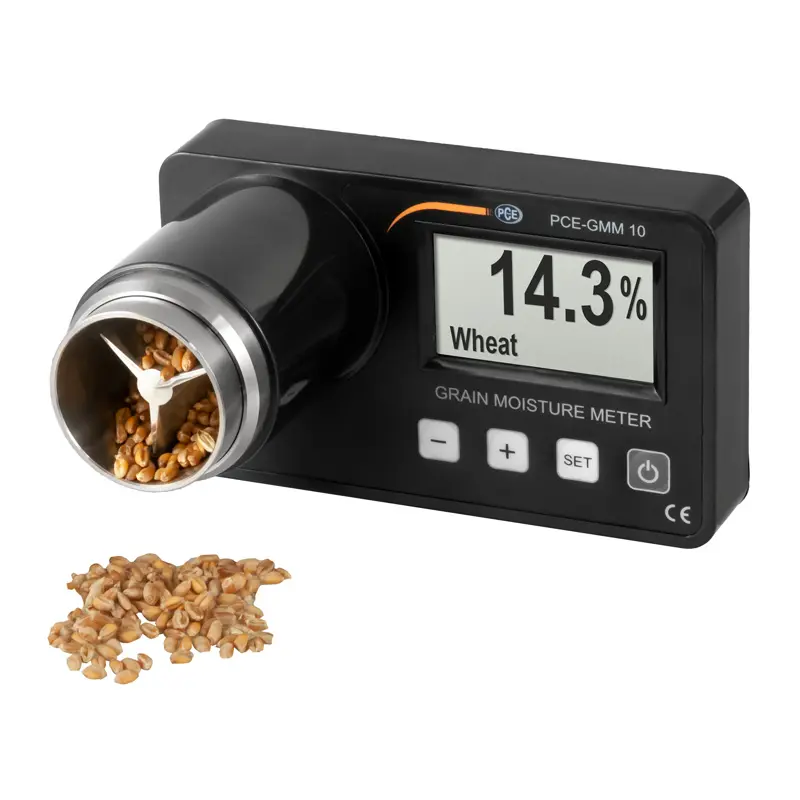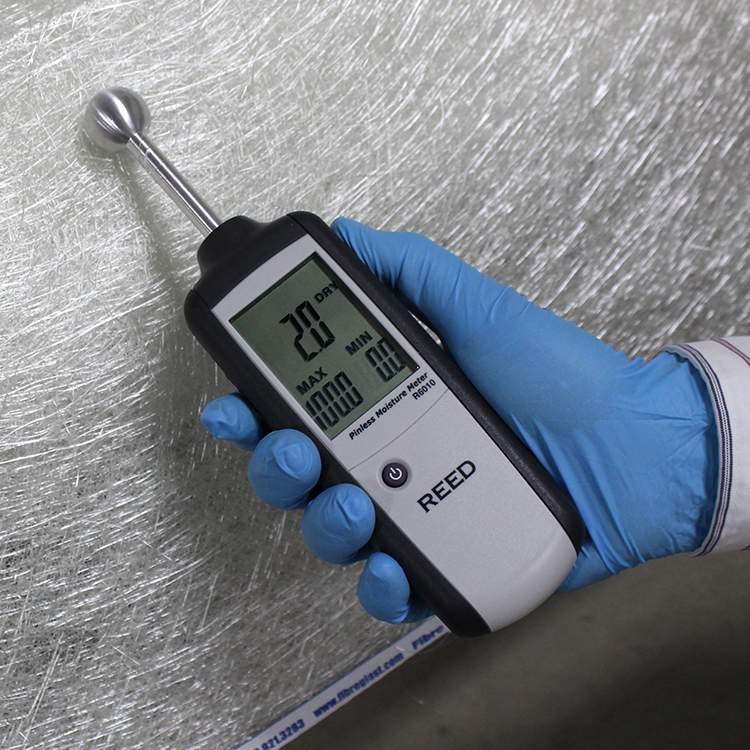How a Moisture Meter Can Enhance Your Building And Construction Projects and Stop Damages
How a Moisture Meter Can Enhance Your Building And Construction Projects and Stop Damages
Blog Article
The Ultimate Guide to Moisture Meters: A Comprehensive Review and Just How They Can Save You Money
In the realm of structure upkeep, building, and various sectors, the relevance of properly determining moisture degrees can not be overemphasized. Moisture meters act as crucial tools in discovering and keeping track of moisture content in products, aiding in preventing pricey damages and ensuring the high quality of products. Recognizing the nuances of various sorts of dampness meters, their applications, and the prospective cost-saving advantages they use can be a game-changer for experts and companies alike. Uncovering exactly how these devices can not only streamline procedures but additionally add to monetary savings is a journey worth starting.
Sorts Of Moisture Meters
Various sorts of dampness meters are available for various applications in various markets. One usual type is the pin-type wetness meter, which gauges the electrical resistance in between 2 pins inserted into a product. This kind appropriates for timber, drywall, and other building materials. Pinless dampness meters, on the other hand, use electromagnetic sensing unit plates to check a larger area without triggering damages to the product's surface area. These meters are optimal for promptly evaluating dampness degrees in huge areas such as floors and walls.
In addition, there are also specialty moisture meters developed for particular materials like hay, grain, or soil. These meters give exact moisture analyses tailored to the distinct homes of the material being evaluated. Infrared moisture meters gauge the thermal properties of a product to establish its wetness material non-invasively, making them helpful for applications where pin or pinless meters may not be suitable. Recognizing the various types of moisture meters readily available can aid markets choose one of the most proper tool for their specific dampness measurement needs.

Advantages of Utilizing Moisture Meters

Furthermore, using wetness meters can lead to boosted power performance. In agricultural setups, dampness meters play an essential duty in optimizing crop yields by allowing farmers to check dirt wetness degrees and make educated irrigation choices.
Exactly How to Pick the Right Moisture Meter
Selecting the proper dampness meter entails taking into consideration key aspects visit such as product compatibility, measurement range, and calibration accuracy. When selecting a wetness meter, it's necessary to guarantee that the meter appropriates for the specific material you will certainly be screening. Different materials have differing electrical residential or commercial properties that can affect dampness analyses, so choosing a meter created for your material is vital for precise results. Furthermore, think about the measurement variety of the wetness meter. Make sure that the meter can identify dampness levels within the variety needed for your applications. Calibration accuracy is another essential factor to remember (Moisture Meter). Select a wetness meter with reliable calibration to guarantee specific and regular analyses. Some meters may require periodic calibration adjustments, so understanding the calibration process is necessary. By thoroughly assessing these factors, you can choose a moisture meter that meets your demands and gives exact wetness measurements for your jobs.
Correct Techniques for Moisture Meter Use
To make sure accurate moisture analyses and make best use of the performance of a dampness meter, utilizing proper methods is important. When using a pin-type wetness meter, insert the pins or probes right into the product being examined until they make complete contact. By complying with these proper methods, users can depend on their moisture meter to supply trustworthy wetness degrees, aiding in protecting against costly click for source damages or ensuring Home Page high quality in numerous applications.

Price Savings Through Moisture Meter Applications
Just how can the tactical application of wetness meters lead to substantial expense financial savings across different industries? In the farming sector, wetness meters help in identifying the optimum time for harvesting plants, preventing excess or over-drying moisture that can affect the final item's high quality.

Furthermore, in the food handling sector, wetness meters are vital for keeping track of product top quality and making sure compliance with safety laws. By precisely determining moisture content in food, manufacturers can avoid spoilage, keep freshness, and lower waste, leading to significant price savings. Overall, the calculated application of wetness meters is a valuable financial investment that can lead to significant expense decreases and improved efficiency across different sectors.
Final Thought
Finally, wetness meters are beneficial tools for measuring and finding moisture levels in numerous materials. By using the right wetness meter and adhering to proper techniques, customers can effectively stop pricey damages triggered by excess dampness. Buying a quality wetness meter can cause substantial cost savings over time by recognizing potential problems beforehand and enabling prompt remediation. Eventually, dampness meters are essential instruments for preserving the honesty and longevity of products and frameworks.
Wetness meters offer as crucial devices in identifying and checking moisture web content in products, helping in avoiding costly problems and making sure the high quality of products. Infrared dampness meters determine the thermal homes of a material to establish its wetness content non-invasively, making them useful for applications where pin or pinless meters might not be appropriate.Dampness meters use indispensable advantages in properly monitoring and examining moisture degrees in diverse products and atmospheres. In agricultural setups, moisture meters play a critical function in optimizing plant yields by allowing farmers to keep track of dirt wetness levels and make educated irrigation choices.In conclusion, dampness meters are important devices for discovering and measuring moisture levels in numerous products.
Report this page